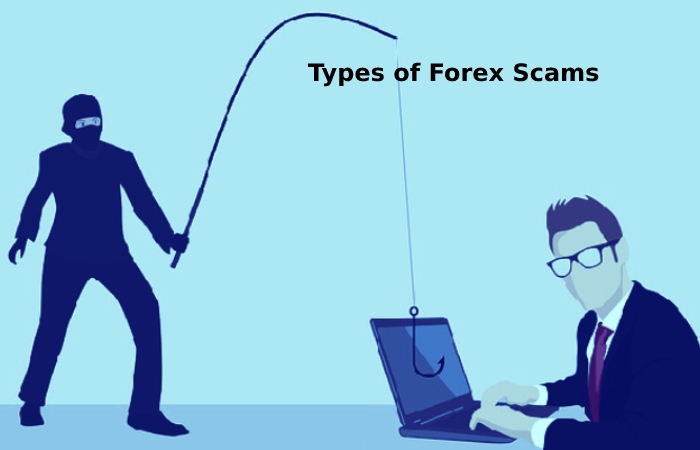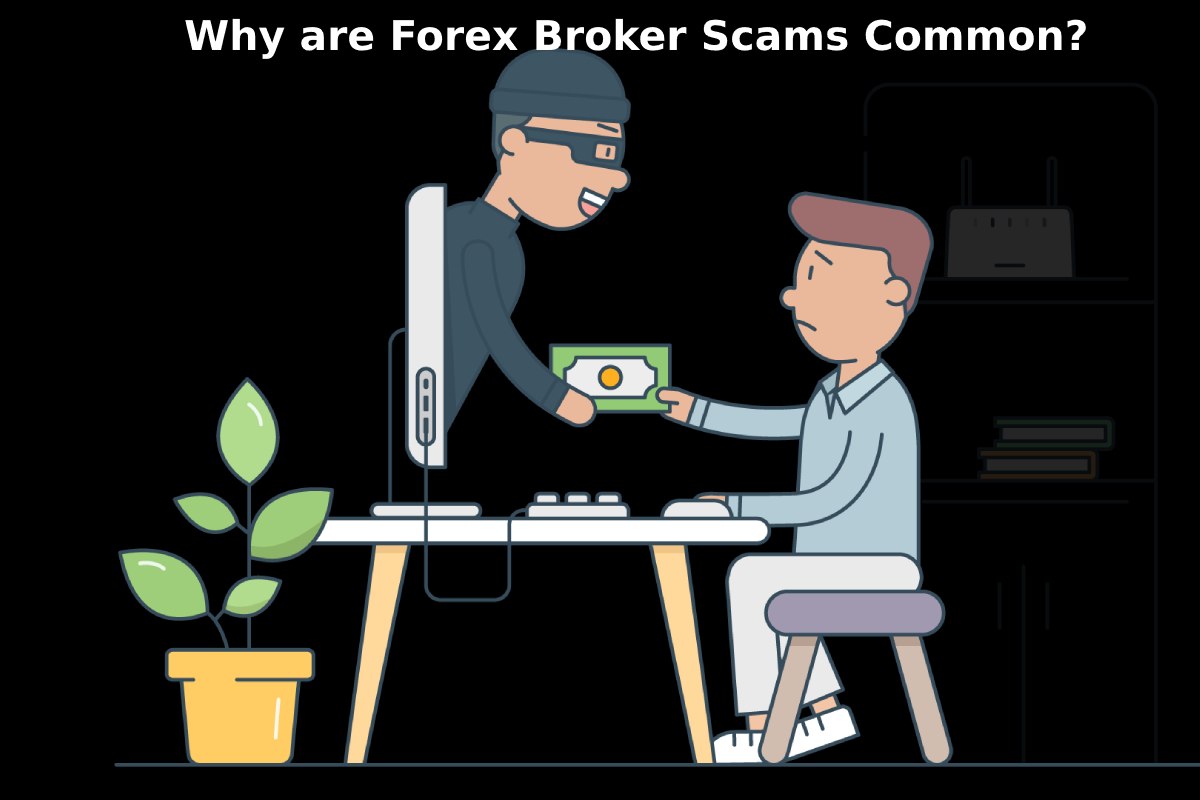Forex scams are now quite common, and you can avoid them with the right knowledge. Protect yourself from the increasingly growing scams. By the end of last year, FBI raids netted their record catch of 47 illegal Forex operators. The raids, according to them, were their most “sweeping infiltration” to date. These came from big banks, small banks, boiler rooms, and even the Federal Reserve Bank itself.
The FBI released a statement and implied that these frauds are ongoing in the Forex marketplace and probably have been for decades. What does this mean for eager aspiring or active Forex traders? Can you avoid being scammed altogether?
Small and big financial institutions and individual investors were the victims of the most recent widespread series of FBI sting raids. And “millions of dollars” do sound enticing, and it is a fat haul even when split 47 ways. But when you consider the global Forex marketplace, it sees $5.1 trillion in transactions every day, meaning trillions of dollars of transactions every day.
The enormity of the transactions that cross multiple international borders in every way possible and every day at that makes it quite a smooth ride for scammers.
And hence, you need to equip yourself to spot and sidestep forex scams since crafty criminals are always looking out for unique ways to seep through our safeguard.
Just to put it out there, the forex in itself is not a con. There are just scams and con artists that have penetrated the market. Let’s look at some of the basic tools that will help you do your homework before entering trading and verify the legitimacy of different Forex brokers.
It is on you to check every Forex broker thoroughly before you take things ahead.
Let’s dig deeper now.
What are Forex Broker Scams?
The forex market is an inherently risky and volatile investment, so much so that forex trading itself has been tagged as a scam at times. Forex has been called gambling since some investors believe that it is far from “true” investing.
The Characteristics of a Forex Marketplace
- Open somewhere always
- No centralization
- No strict regulations
- Liquid and volatile
When talking of the Forex trading marketplace, a Forex trading account is wildly different than a savings account; it is a towering active spewing volcano.
Forex trading is simply a risky business. The marketplace can turn against you at any moment. Know that when you encounter an investment with high risks, you also become eligible for high rewards.
Why is the Forex marketplace brimming with scam artists and fraudsters? Thanks to the potential for high rewards. Criminals gravitate toward the crazily volatile markets instead of the stable ones. And why is that?
Let’s assume that there is a high-value gemstone out on display in the open, and there are guards stationed at the gemstones all the time with security cameras to protect them. And you aim to steal it.
Now you have the option of stealing it when there are only a handful of commuters waiting around or when the place is crowded with commuters running about every way. You would naturally choose the latter, and this is exactly why the Forex marketplace attracts that many criminals. They have it easy. They enter the gateway undetected when the space is too crowded and steadily moving for law enforcement or security cameras to catch them.
Scammers do not fear getting caught since they believe the cover of the hectic marketplace itself makes it impossible for law enforcement to track their activities.
Meaning that Forex scammers are very confident, and this works in your favor if you know exactly what to look for in a broker and what to avoid.
Types of Forex Scams

Manipulated Bid/Ask Spreads
Brokers cheat their clients in various ways; one of them is by manipulating bid/ask spreads. While normal spreads between brokers are around 2-3 pips, scammers have spread around 7-8 pips. And although seven pips may not seem much, it does add up.
So, every time you trade, you will have to pay a spread of 7 pips. And imagine if you take just a few trades every day. Now, if you multiply that by the hundreds or thousands of other clients like you, it makes the difference quite apparent.
Stop Hunting
Forex brokers are aware of the steps you place. So, brokers at times make a run for those stops, causing your positions to close out.
On the bright side, most of these shenanigans are old school, and new rules from regulatory agencies like the CFTC and the National Futures Association have been able to crack these scams down.
When choosing a broker, your first criterion should be that they are registered. In the US, brokers should be registered as Futures Commission Merchants (FCM) with the CFTC and an NFA member. Steer clear of the brokers not regulated by the CFTC and the NFA.
Next is to research and look at forex forums to see if the broker has a shady history of malpractice.
In Conclusion
It can be hard to identify a genuine broker, but you should make sure that your broker is regulated. Do not under any circumstances engage with a suspicious broker that is not regulated.
Also Read: ADA Compliant Website: 4 Things to Know







